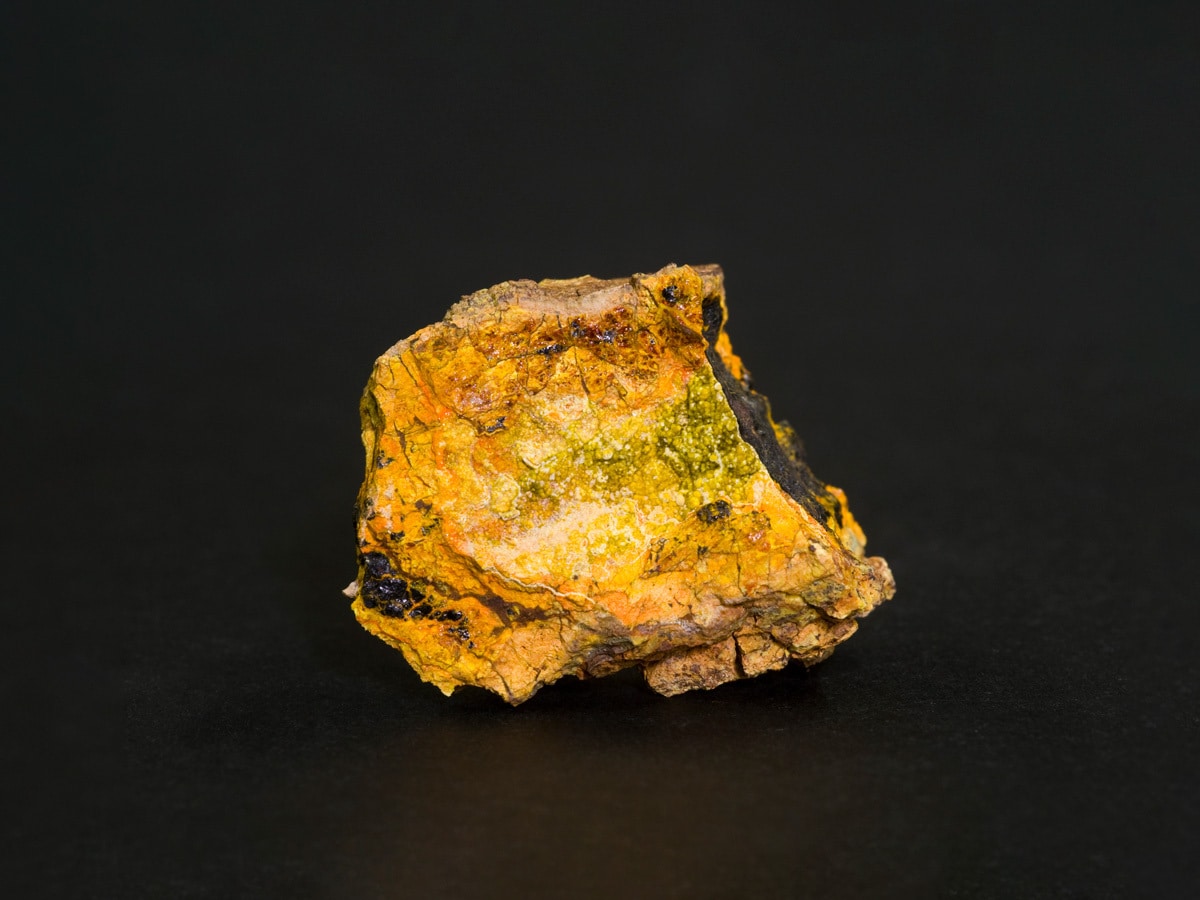Uranium prices soared in 2023, with a bull market predicted in 2024 as electricity prices stay high and supplies lag demand for the nuclear resource. Now uranium-focused funds such as the Sprott Junior Uranium Miners ETF appear set to benefit.
- Sprott Junior Uranium Miners ETF rose 22.3% in the week to 15 January; top holding Paladin Energy rose 22.2%.
- Nuclear commodity hits 16-year high as miners fail to keep pace with demand and new projects lag on supply.
- Uranium market forecast to reach $1.2bn in 2024.
Uranium prices soared last week, and the Sprott Junior Uranium Miners [URNJ] rose by 22.3% in the week to 15 January.
Spot prices for ‘yellowcake’ — the solid form of uranium oxide, which is converted for use in nuclear power generators — leaped to a 16-year high, reaching $92.45 per pound. Analysts from two different banks, namely Bank of America and Berenberg, speculated that rises will continue. This could mean a bull year for the radioactive base metal. Bank of America said uranium could go as high as $105 per pound in 2024 and $115 in 2025.
The share price of the fund’s top holding, Paladin Energy [PDN:AX], increased 22.2% last week. Its second-largest holding, NexGen Energy [NXE], increased 16.5%, while its third-biggest holding, Uranium Energy Corp [UEC], climbed 21.2%.
URNJ describes itself as the only pure-play ETF that focuses on small uranium miners, with all holdings chosen for their potential for “significant revenue and asset growth”.
Uranium is regarded as a critical mineral in the transition to clean energy, as it is necessary for generating nuclear energy. However, market analysts say the supply of uranium lags demand at present.
The fund has risen 42.9% since launching in February last year.
Paladin’s Namibian Project Positioned for Production
The largest holding in the URNJ fund as of 12 January is Paladin Energy, with a 12.7% weighting. The Australia-based miner has a 75% interest in the Langer Heinrich Mine in Namibia. The mine closed in 2018, but production is set to restart in the first quarter of 2024.
Paladin’s share price is up 63.9% over the past 12 months. The company released its last activity report in October, for the quarter ended 30 September, in which it said the Langer Heinrich project was “approximately 80% complete”, and remained “on track and on budget”. It added it now has a 100% interest in its Michelin Project in Labrador, Canada, where it reports only 15% of potential area has been drilled for uranium deposits.
The second-largest holding in the Sprott Junior Uranium Miners ETF is NexGen Energy with a 12.2% share.
The Canadian uranium mining company reported third-quarter 2023 results in early November, when it announced assets worth C$884.6m, and losses per share of C$0.11. NexGen’s share price is up 67.5% in the past 12 months.
Uranium Demand Grows Hotter
According to the World Nuclear Association, uranium is an abundant element in the Earth’s core. For the past 20 years, as much as 10% of the world’s energy has been derived from uranium contained in nuclear reactors, with approximately 67,500 tonnes required annually.
The Business Research Company forecasts the uranium ore market will reach a value of $1.2bn this year.
Possible drivers for uranium’s rally include rising electricity prices. In addition, inventories are believed to sit lower than previously thought, alongside worries over a potential slump in production. In December, analysts at Morgan Stanley said they remained more bullish on uranium than other mined commodities.
This could be good news for the Sprott Junior Uranium Miners ETF. Sprott, an expert in investing in precious metals and the energy transition, is among those predicting “a resurgence given the growing momentum”.
Paladin is regarded a ‘moderate buy’ based on ratings from two analysts at TipRanks. They offer an average 12-month price target of AU$1.18, a potential 9.29% decrease from the stock’s last close. In December, Jefferies analyst Chris Drew gave Paladin’s US-rated stock PALAF a ‘buy’ rating.
A consensus of 12 analysts at CNN Business rate NexGen Energy a ‘buy’. Their median price target is C$8.15, or a 4% increase from the stock’s last close.
Disclaimer Past performance is not a reliable indicator of future results.
CMC Markets is an execution-only service provider. The material (whether or not it states any opinions) is for general information purposes only, and does not take into account your personal circumstances or objectives. Nothing in this material is (or should be considered to be) financial, investment or other advice on which reliance should be placed. No opinion given in the material constitutes a recommendation by CMC Markets or the author that any particular investment, security, transaction or investment strategy is suitable for any specific person.
The material has not been prepared in accordance with legal requirements designed to promote the independence of investment research. Although we are not specifically prevented from dealing before providing this material, we do not seek to take advantage of the material prior to its dissemination.
CMC Markets does not endorse or offer opinion on the trading strategies used by the author. Their trading strategies do not guarantee any return and CMC Markets shall not be held responsible for any loss that you may incur, either directly or indirectly, arising from any investment based on any information contained herein.
*Tax treatment depends on individual circumstances and can change or may differ in a jurisdiction other than the UK.
Continue reading for FREE
- Includes free newsletter updates, unsubscribe anytime. Privacy policy





